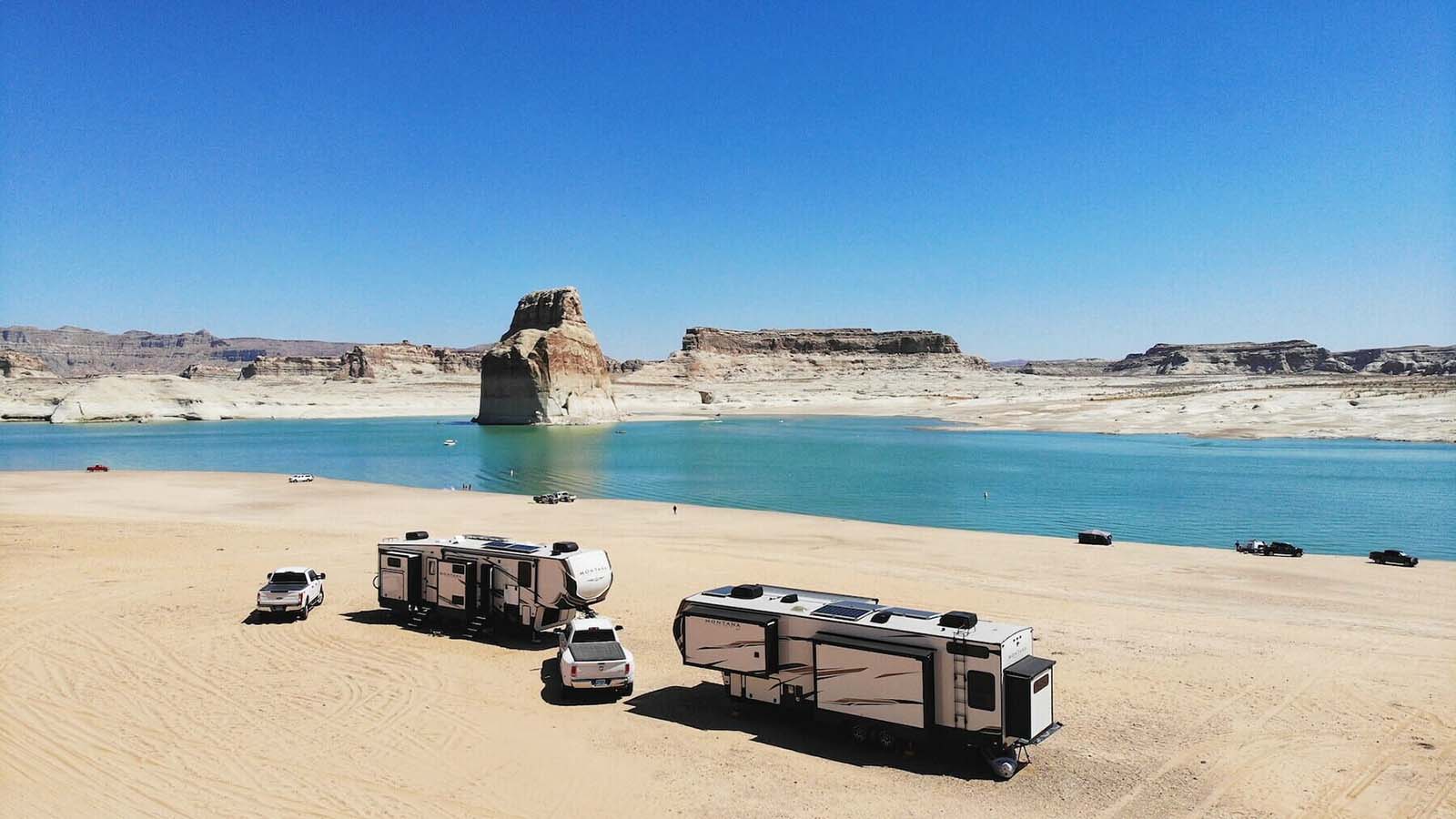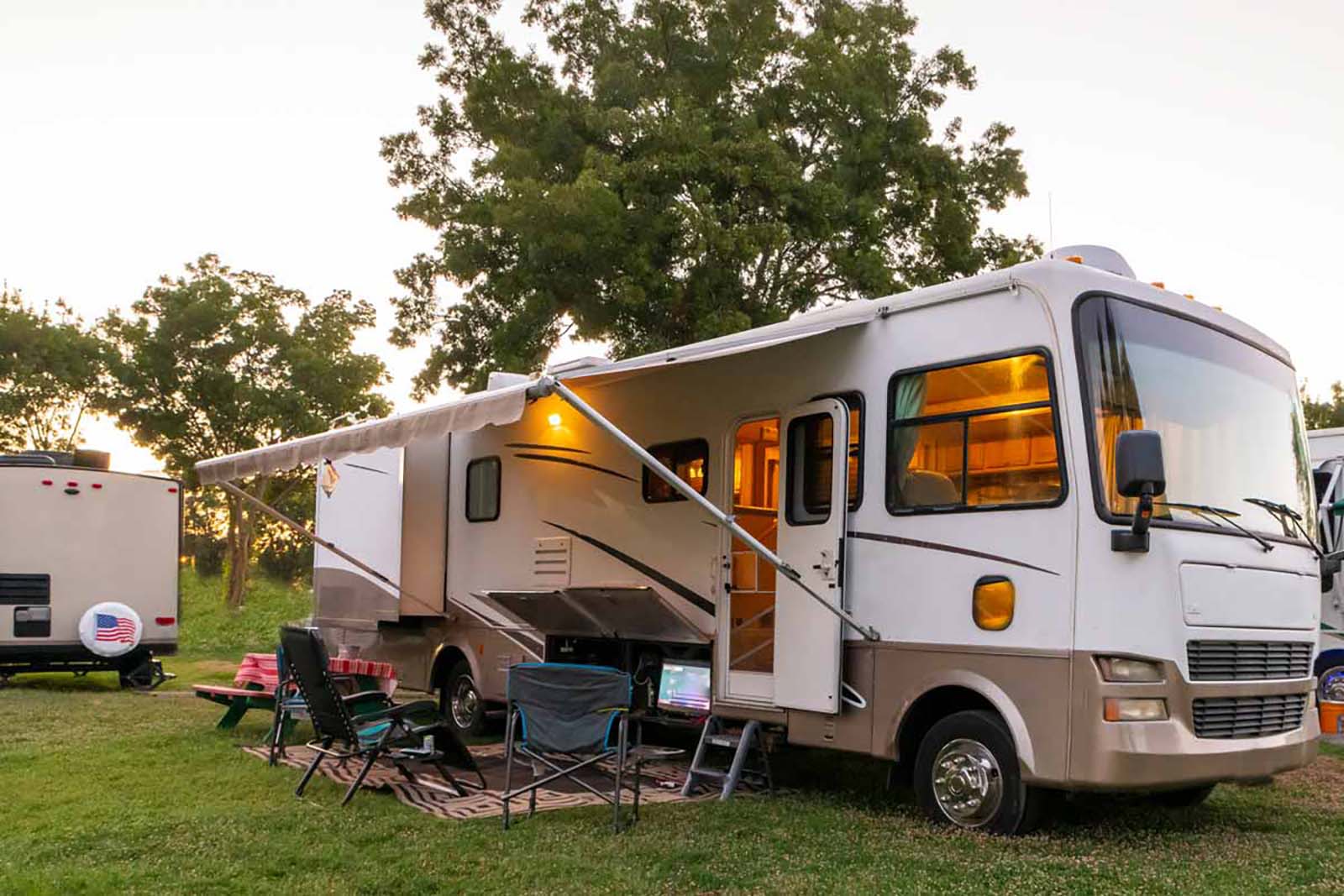H2: What Size Battery for My RV? H3: Understanding the Importance of Battery Size H3: Factors to Consider When Choosing Battery Size for Your RV H3: Calculating Power Needs for Your RV H3: Types of Batteries Suitable for RVs H3: Determining the Right Battery Size for Your RV H3: Tips for Maintaining Your RV Battery H3: Charging Options for RV Batteries H3: Exploring Solar Power for Your RV Battery H3: Common Mistakes to Avoid When Choosing RV Battery Size

H2: Understanding the Importance of Battery Size When it comes to your RV, having the right battery size is crucial. The battery serves as the main power source, providing electricity for various onboard systems. Whether it’s the lighting, the fridge, or even appliances, the battery powers them all. Having the wrong battery size can lead to limited power capacity and potential issues down the line.
H2: Factors to Consider When Choosing Battery Size for Your RV Before determining the battery size for your RV, it’s important to consider a few factors. Firstly, think about the power needs of your RV. Do you plan to spend long periods off-grid or mostly rely on campground hookups? Secondly, consider the size of your RV and the available space for battery installation. Lastly, budget is also a factor to keep in mind, as different battery sizes come with varying price points.
H2: Calculating Power Needs for Your RV To calculate your RV’s power needs, start by making a list of all the devices and appliances you plan to use. Determine their total power consumption in watt-hours (Wh) per day and add them up. This will give you a rough estimate of your daily energy requirement. From there, you can choose a battery size that can store enough energy to meet your needs.

H2: Types of Batteries Suitable for RVs There are several types of batteries suitable for RV use, including lead-acid, lithium-ion, and AGM (Absorbent Glass Mat) batteries. Lead-acid batteries are more affordable but have a shorter lifespan. On the other hand, lithium-ion batteries are lightweight, have a longer lifespan, and provide consistent power output. AGM batteries are known for their maintenance-free and spill-proof qualities, making them a popular choice for RV owners.
H2: Determining the Right Battery Size for Your RV To determine the right battery size for your RV, it’s essential to match it with your power consumption needs. As a general rule of thumb, aim for a battery capacity that is two to three times your daily energy requirement. This ensures you have sufficient power to cover any unexpected surge in power usage. Additionally, consider the reserve capacity (RC) of the battery, which indicates how long it can power essential systems without being recharged.
H2: Tips for Maintaining Your RV Battery Proper maintenance is crucial to prolonging the lifespan of your RV battery. Regularly inspect the battery for any signs of damage or leaks. Keep the terminals clean and free from corrosion by using a mixture of baking soda and water. It’s also advisable to fully charge the battery regularly and avoid deep discharges. Lastly, storing the battery in a cool and dry place when not in use can help prevent unnecessary deterioration.

H2: Charging Options for RV Batteries When it comes to charging your RV battery, there are multiple options available. Most RVs come with a built-in converter that charges the battery when plugged into a power source. Additionally, using a generator can quickly charge the battery while off-grid. Solar panels are another popular charging option as they harness the power of the sun to replenish the battery. Exploring these options can help ensure your battery stays charged and ready for your next adventure.
H2: Exploring Solar Power for Your RV Battery Solar power is a sustainable and eco-friendly way to charge your RV battery. By installing solar panels on the roof of your RV, you can harness the sun’s energy to charge the battery during the day. This allows you to go off-grid for extended periods without worrying about power supply. It’s important to determine the right number of solar panels and their wattage based on your power consumption needs.
H2: Common Mistakes to Avoid When Choosing RV Battery Size One common mistake RV owners make is underestimating their power needs and opting for a smaller battery size. This can lead to a constant need for recharging and limited power availability. Conversely, choosing an excessively large battery may result in unnecessary weight and cost. It’s essential to carefully calculate your power requirements and select a battery that strikes the right balance between capacity and practicality.
In conclusion, choosing the right battery size for your RV is crucial for uninterrupted power supply and enjoyable camping experiences. By considering factors such as power needs, battery types, and charging options, you can make an informed decision that suits both your requirements and budget. Regular maintenance and proper charging techniques will ensure your RV battery stays in optimal condition for years to come.

